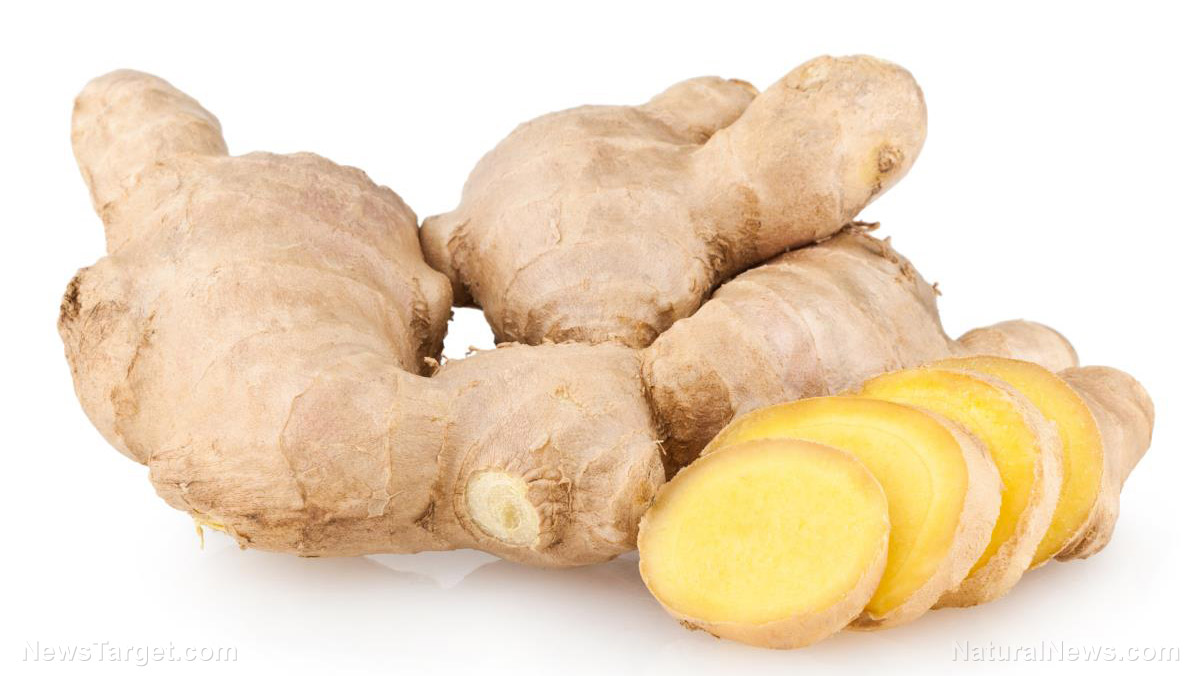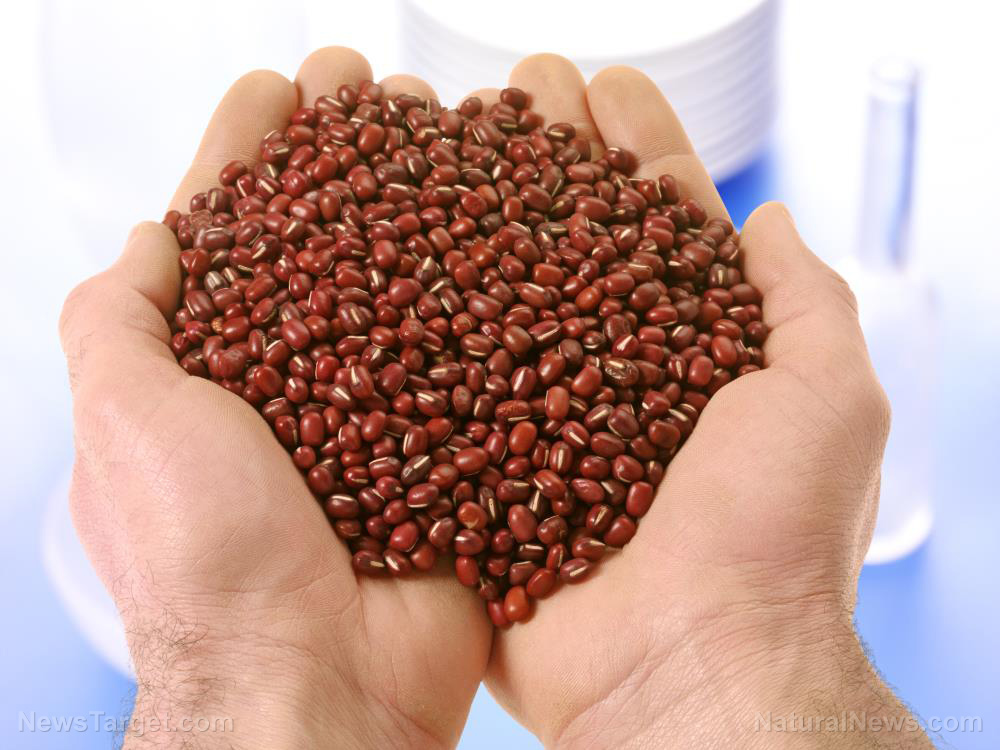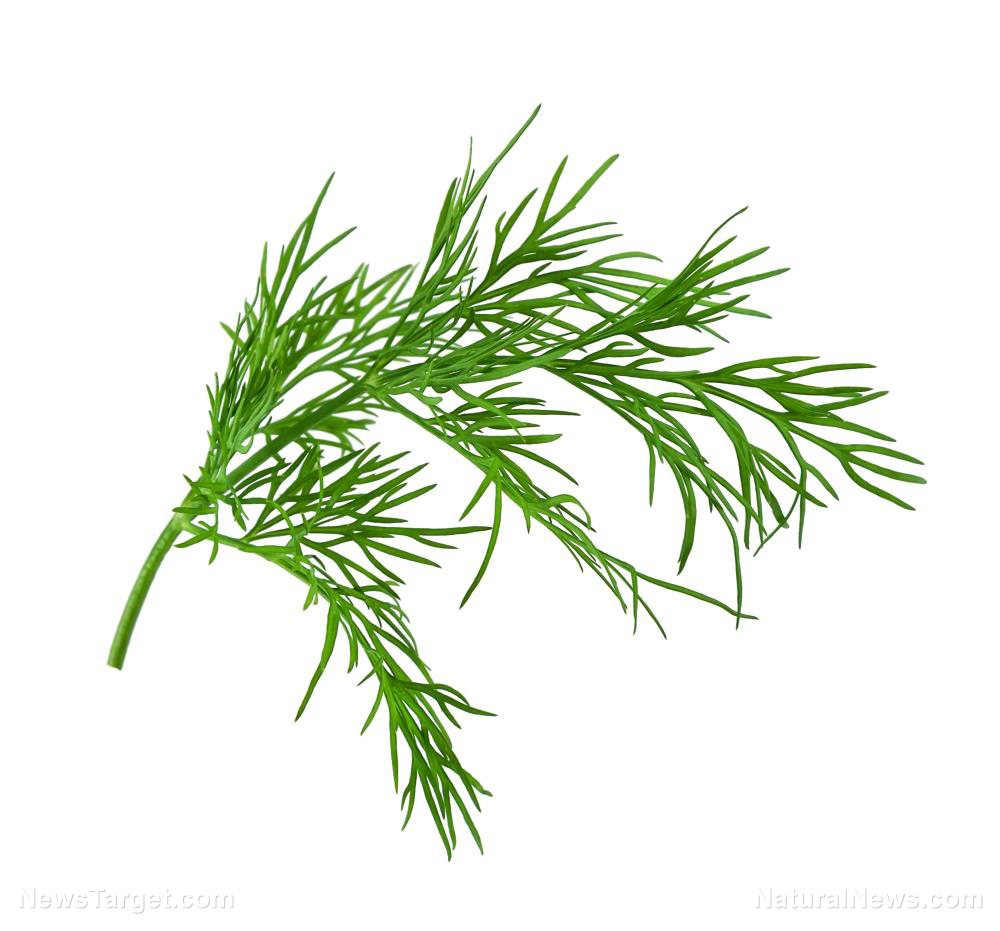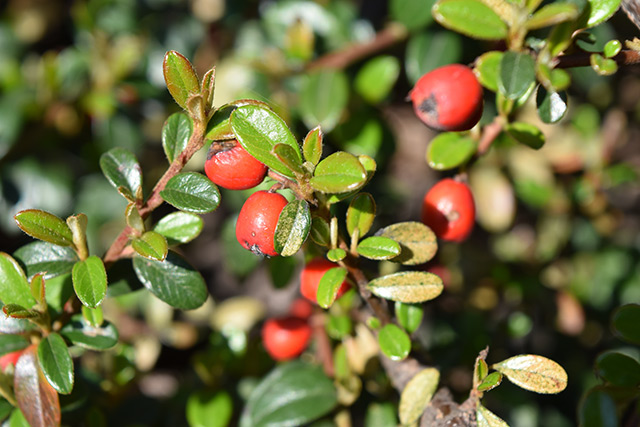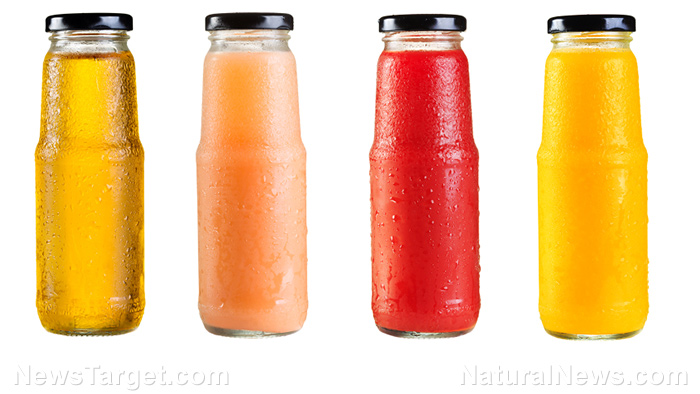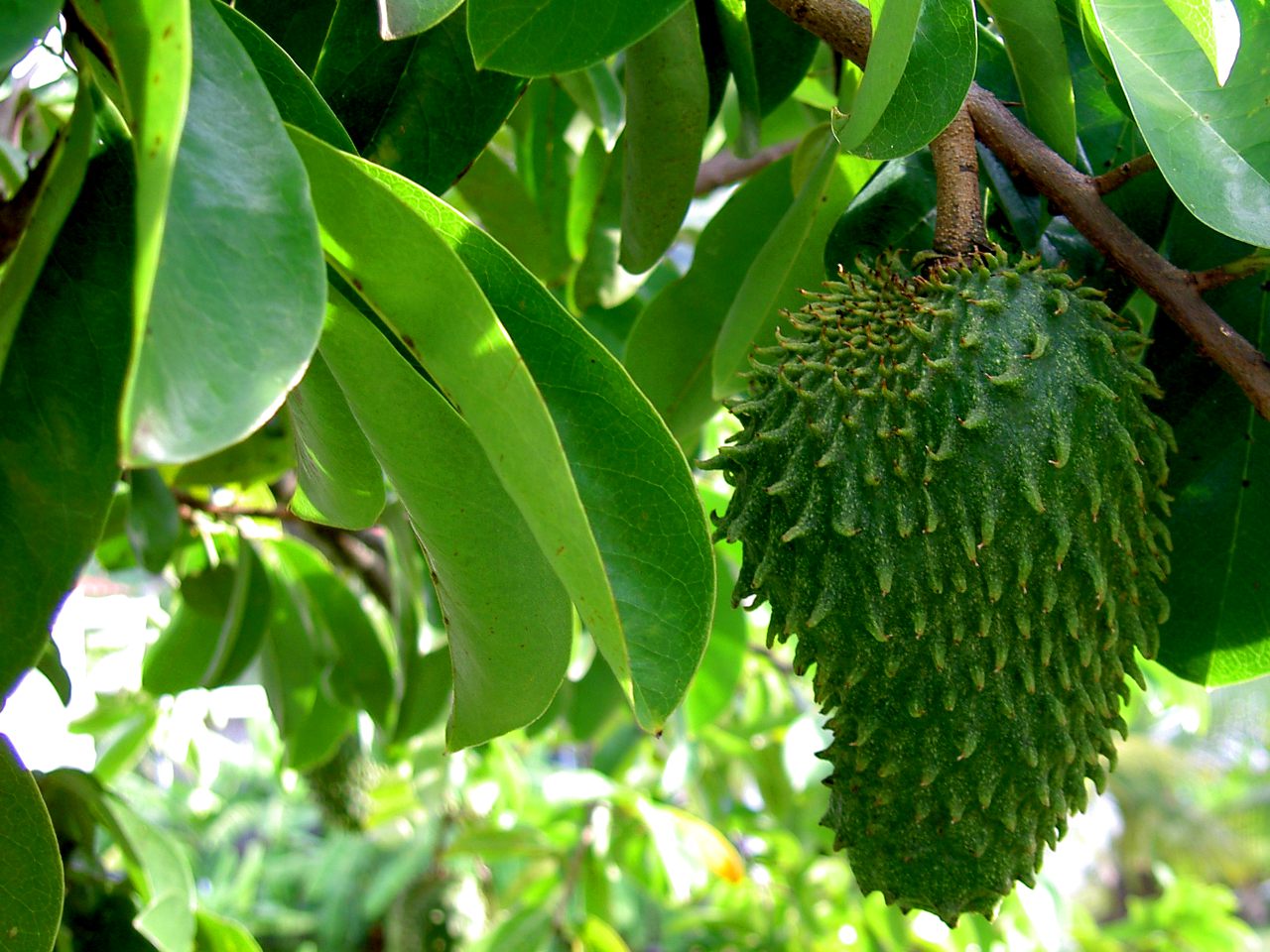REUTERS now in bed with Monsanto, committing journalistic fraud to cover up evidence of harm from toxic agricultural poisons
08/28/2017 / By Ethan Huff

House Republicans are going to bat for Monsanto, the world’s most evil corporation, which is having a very difficult time maintaining any semblance of a positive reputation in the public eye after it was revealed that its most famous weed killer causes cancer in humans.
In an effort to steer the narrative back in its favor, Monsanto has seemingly co-opted the services of a journalist at Reuters who recently published an article defending Monsanto’s Roundup herbicide as being safe. And none other than House Oversight Committee Chairman Trey Gowdy is said to be leading the charge in treating this article as scientific fact, even though it’s quite obviously just Monsanto spin.
According to reports, Gowdy is demanding answers about “possibly withheld information” that he says “could change” the International Agency for Research on Cancer’s (IARC) landmark designation of glyphosate, the primary active ingredient in Roundup, as a probable human carcinogen. In a letter, Gowdy pointed to a June 14 Reuters article by Kate Kelland, the journalist in question, as supposedly showing that glyphosate isn’t all that bad and shouldn’t be treated as such.
But upon closer look, it’s been revealed that Kelland’s article is deeply flawed and filled with unsubstantiated Monsanto talking points and lobbying spin – something that Gowdy, if he was honest in this matter, would have noticed. Instead, he’s chosen to push Kelland’s article as evidence that Monsanto has somehow been treated unfairly, and that there’s really nothing wrong with Roundup.
Writing for AlterNet, Stacy Malkan points out that Kelland has been writing all sorts of pro-Monsanto articles for a while now, and that Reuters has been publishing them without question. And this latest piece is no exception, following the same narrative that Monsanto has been pushing for its ongoing “war on science.”
Kate Kelland at Reuters has ties to Science Media Centre, an industry PR group
As pointed out in Malkan’s rebuttal, Kelland is deliberately shrouding the truth about the IARC report, which looked at many years’ worth of published and peer-reviewed research on glyphosate before making its conclusion. Contrary to what Kelland claims, such research spanned way back, and wasn’t simply limited to Professor Gilles-Eric Seralini’s research paper.
Kelland’s so-called evidence backing glyphosate is further flawed because, as Malkan points out, almost all of its is pro-industry propaganda, i.e. papers by researchers who were obviously working in tandem with Monsanto and who failed to disclose their industry and financial connections. Much of what Kelland presented was also cherry-picked and deliberately taken out of context.
Kelland herself has undisclosed ties to the industry as well, ones that Malkan uncovered as centering around the Science Media Centre, a “nonprofit” public relations firm that connects industry scientists with reporters. The Science Media Centre is also funded by industry groups like Monsanto with an agenda to push.
The Science Media Centre was actually launched for the very purpose of tamping down on news stories that drew attention to the environmental and human health risks of chemical concoctions like Roundup. By downplaying these stories, the Science Media Centre essentially functions as the PR arm of corporations like Monsanto trying to clean up their image.
“Kelland’s bias in favor of SMC is evident; she appears in the PR agency’s promotional video and promotional report, regularly attends SMC briefings, speaks at SMC workshops and attended meetings in India to discuss setting up an SMC office there,” writes Malkan.
“It is clear … that Kelland’s reporting on glyphosate and IARC mirrors the views put forth by SMC experts and industry groups on those topics – and also raises serious concerns about bias and fairness in science reporting.”
Sources for this article include:
Tagged Under: agricultural chemicals, biotech industry, conflicts of interest, fake news, glyphosate, gowdy, journalism ethics, Monsanto, Reuters, Roundup, science

